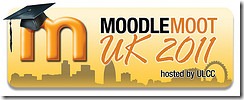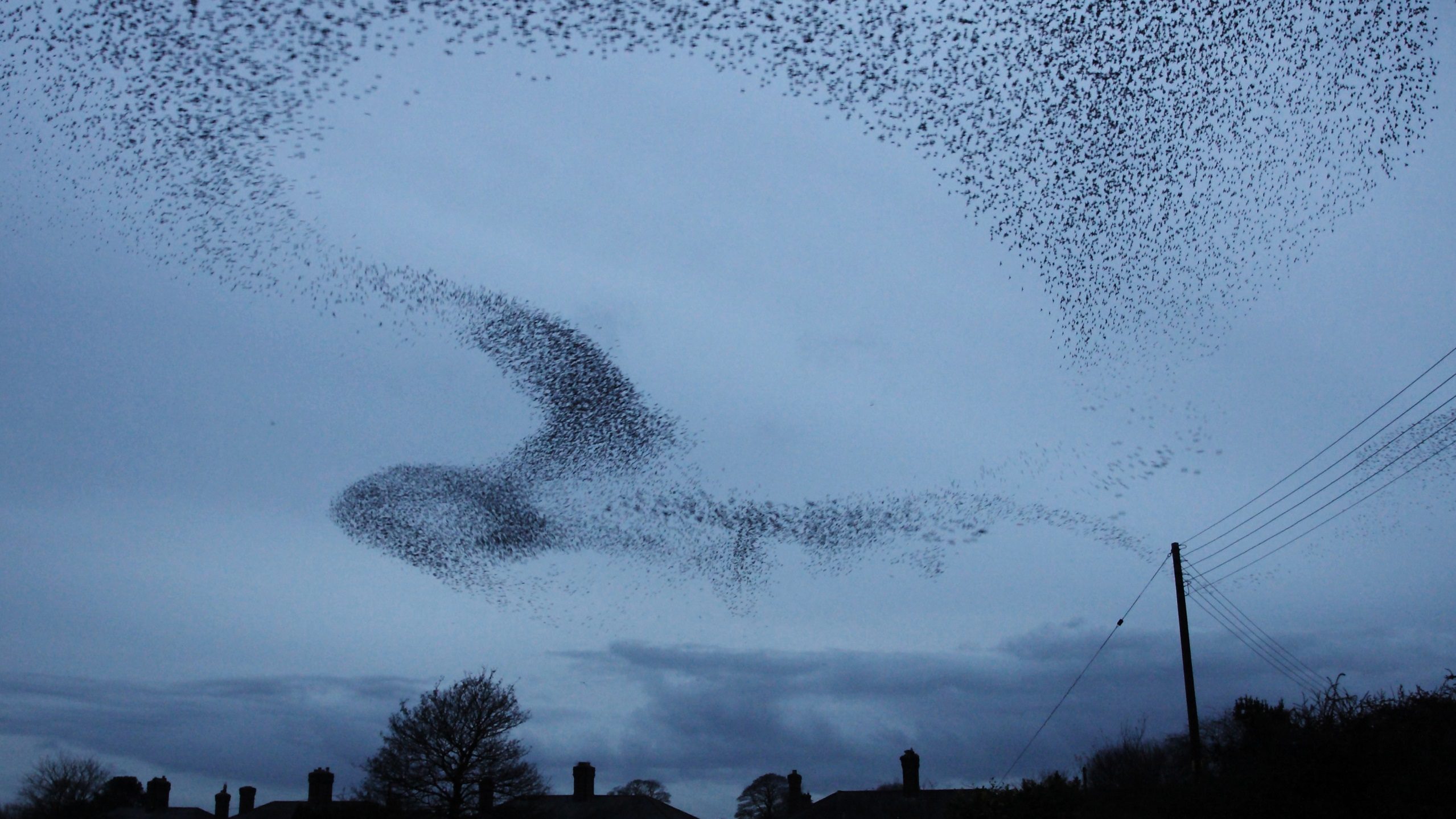 A very warm welcome was once again delivered by the always amiable Philip Butler (ULCC) in a rather stunning ‘stick of rock’ vertical stripped shirt.
A very warm welcome was once again delivered by the always amiable Philip Butler (ULCC) in a rather stunning ‘stick of rock’ vertical stripped shirt.
Again, the room is asked if they have been to a Moot before, over half of the delegates proudly raised their hands. Just in case you were unsure of the commitment of many Moodlers, a quick survey demonstrated the lengths at which many delegates travelled this very day, Geneva, Barcelona, Belgium, not discounting those that travelled prior to the conference.
Professor Geoffrey Crossick, Vice-Chancellor University of London again opened formal proceedings, again emphasising the importance on content. Eulogising that its is “content that empowers technology,” that realises the power of Moodle.
Digital communication enhances relationships, it does not replicate or replace them.
We were reminded of the conference theme, ‘Strength and Diversity’ and the breadth of coverage of Moodle, a suitable segway to introducing the first keynote.
Opening Keynote
 Gráinne Conole is Professor of e-Learning at the Open University, with research interests in the use, integration and evaluation of Information and Communication Technologies and e-learning and impact on organisational change.
Gráinne Conole is Professor of e-Learning at the Open University, with research interests in the use, integration and evaluation of Information and Communication Technologies and e-learning and impact on organisational change.
Until now, I didn’t have a term for my online learning, thinking, experiencing, I knew it was not a solitary endeavour, equally I knew it was self directed. albeit heavily influenced by online colleagues (not offline). Now, thanks to Gráinne I can at least define it…. ‘distributed cognition’ probably defines the way many Moodlers learn to use the platform. Through forums, moodle docs, tweets as well as books, exploration and of course, getting it wrong.
Interesting, Gráinne summarised some of the e-learner qualities, many of whom will be moodling, even if they are not aware of of the labels themselves. Learners who are digitally immersed, multimodal, task orientated and socially networked. Hmmmm, I wonder how many online facilitators / educators are blessed with such digitally mature learners. However she tempered this summary with words of caution, acknowledging that many learners are only somewhere on along that journey, some still very near the beginning.
A thorough review of digital content, mobile access, virtual worlds, role based learning, reflective and dialogic learning, aggregation and ‘just in time’ learning revealed the scope of learning possibilities.[blackbirdpie id=”60276407804243968″]
Where next? Gráinne highlighted the digital literacies and raised the question of developing creativity. She also showed concern for the slow process of technology adoption in pedagogy.
Technology is not being exploited in our institutions and we suffer from a prevalence of ‘old practice.’ (paraphrase)
All very important questions. The final question… what is the role of openness? How are we going to design learning interventions and make best use on open practice as well as the vast array of OER available to both educators and learners? Now that will taking some answering.
Phew, that was a signficant cerebral challenge, perhaps a little HE focused but when in Rome…. what is clear from her keynote is that although technology can be transformational it needs to be learner aware and content rich.
[qr_code_display]

Pingback: Interested in what’s happening at #MootUK11? Follow @KristianStill | Moodle News
Hi
thanks for the great summary of my talk! Hope you enjoyed the MoodleMoot